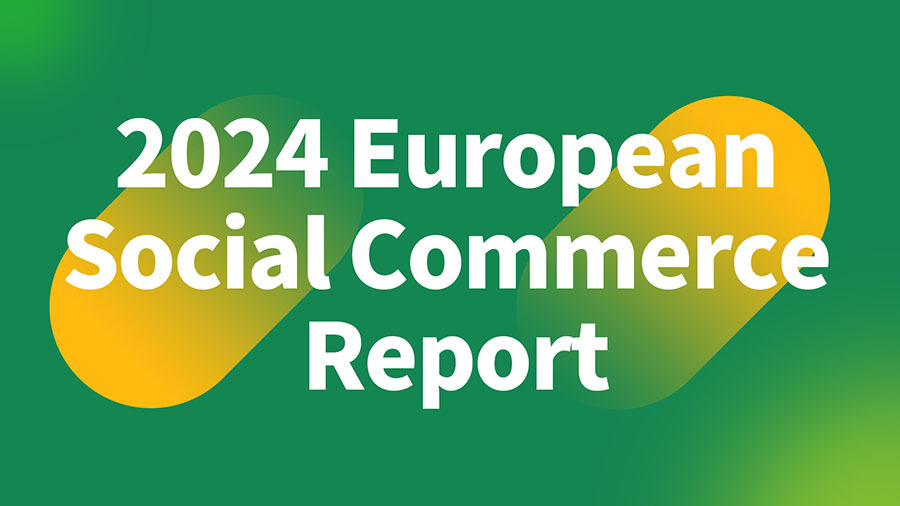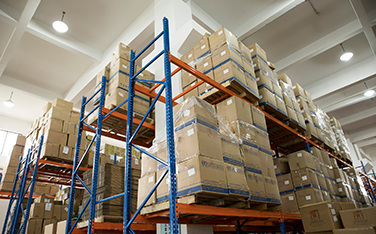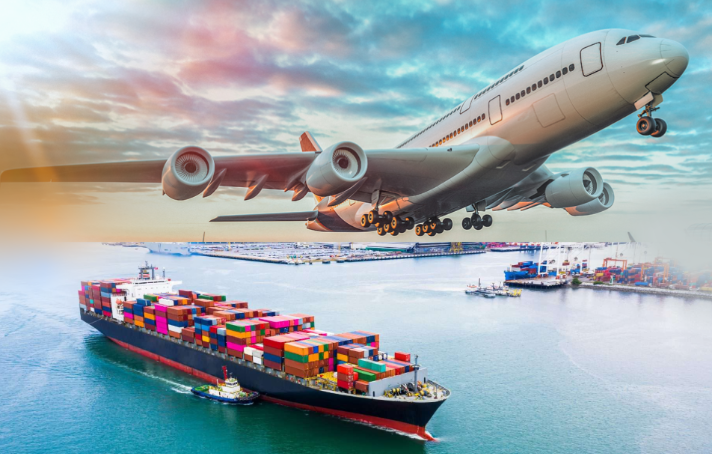NEWS
how to ship goods to europe: Complete Guide for Sellers
Release time:2024-11-19 17:03
Shipping goods to Europe can be a game-changer for cross-border e-commerce sellers looking to expand their reach into lucrative markets. However, navigating the complexities of logistics, customs, and shipping costs can be daunting. This guide provides a step-by-step overview of how to ship goods to Europe, ensuring your products reach customers efficiently and cost-effectively.
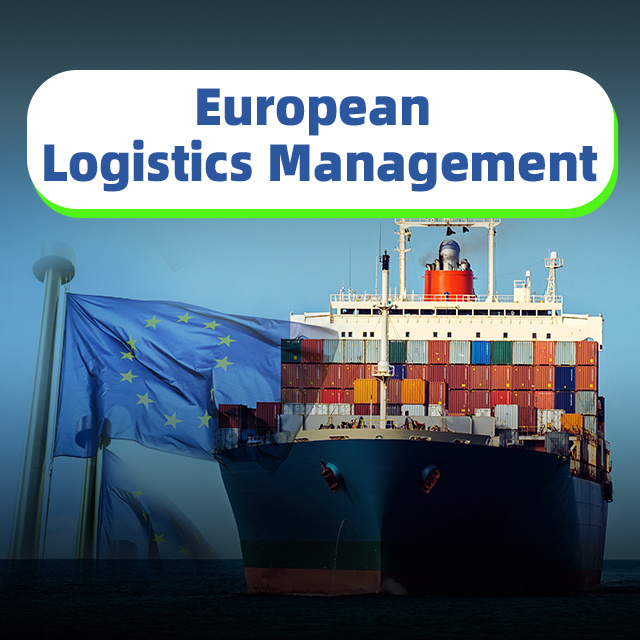
Understanding the Basics of Shipping to Europe
Shipping to Europe involves more than just moving products from one location to another. As an e-commerce seller, understanding the intricacies of European freight forwarding is critical to avoid costly mistakes.
Key Terminologies You Need to Know
1. FOB (Free on Board): Seller delivers goods to a specific point; buyer covers shipping costs thereafter.
2. DDP (Delivered Duty Paid): Seller handles shipping, customs, and delivery costs, ensuring a seamless process for the buyer.
3. EXW (Ex Works): Buyer is responsible for all shipping and handling costs from the seller's warehouse.
Common Shipping Needs for Sellers
- Small package shipping for individual customer orders.
- Bulk cargo transport for stock replenishment in European warehouses.
Choosing the Right Shipping Method
Selecting the right method for Europe cargo transport depends on factors such as cost, delivery time, and the nature of your goods.
- Air Freight
Advantages:
- Fastest transit time (1-5 days).
- Ideal for high-value or perishable goods.
Drawbacks:
- Expensive, especially for bulky or heavy shipments.
- Sea Freight
Advantages:
- Cost-effective for large shipments.
- Suitable for non-urgent goods.
Drawbacks:
- Long transit times (20-40 days).
- Requires efficient planning to meet demand.
- Rail Freight
Advantages:
- Faster than sea freight, cheaper than air freight.
- Growing in popularity for shipments to and from central Europe.
Drawbacks:
- Limited routes.
- Road Freight
Advantages:
- Essential for final-mile delivery.
- Flexible for regional shipments.
Drawbacks:
- Subject to road congestion and regulatory checks.
Preparing Goods for Shipment
Efficient preparation is crucial to avoid delays or damage.
Packaging
- Use sturdy boxes with adequate cushioning for fragile items.
- Waterproof materials for sea freight shipments.
Labeling
- Clearly indicate the destination, sender details, and package contents.
- Use barcodes for tracking and automation.
Documentation
Ensure the following documents are ready:
- Commercial Invoice: Details of goods and transaction value.
- Packing List: Content breakdown for customs and carriers.
- Bill of Lading: Contract between shipper and carrier.
- Certificates of Origin (if required): Proof of where goods are manufactured.
Navigating Customs and Duties
Europe’s customs regulations are robust but manageable with the right preparation.
- Harmonized System (HS) Codes
Assign correct HS codes to your products for accurate customs classification and duty calculation.
- VAT and Import Duties
- VAT rates vary by country (e.g., 19% in Germany, 20% in France).
- Import duties depend on product type and value.
- Tips to Simplify Customs Clearance
- Work with a professional European freight forwarding partner.
- Ensure documentation accuracy to avoid penalties or delays.
Europe Shipping Costs: Factors and Tips
Understanding the components of shipping costs helps in budgeting and cost optimization.
Factors Affecting Costs
1. Shipping Mode: Air freight is pricier than sea freight.
2. Distance and Destination: Costs vary based on the destination's accessibility.
3. Weight and Dimensions: Larger shipments incur higher fees.
Tips for Cost Optimization
- Consolidate shipments to reduce per-unit shipping costs.
- Use cost-effective incoterms like FOB or EXW.
- Partner with an experienced European freight forwarding provider to access discounted rates.
Selecting a Reliable Europe Shipping Partner
A trustworthy logistics partner is critical for smooth Europe cargo transport.
What to Look For
1. Expertise in European regulations.
2. Comprehensive services, including tracking and insurance.
3. Transparent pricing and robust customer support.
Why Choose FBABOX for European Freight Forwarding
- Extensive experience with cross-border e-commerce logistics.
- Tailored solutions for bulk and small package shipments.
- Efficient customs handling and on-time deliveries.
Managing Delivery Times
Timely delivery is crucial to maintaining customer satisfaction.
Typical Europe Transit Times
- Air Freight: 1-5 days.
- Sea Freight: 20-40 days.
- Rail Freight: 10-15 days.
Avoiding Delays
- Anticipate peak season surcharges and book shipments early.
- Use tracking tools to monitor shipments in real-time.
Best Practices for Successful Shipping to Europe
Research Destination Country Regulations
Each European country has unique import rules. Familiarize yourself with these requirements to avoid surprises.
Build a Shipping Timeline
Plan shipments based on demand forecasts to avoid stockouts or overstocking.
Invest in Tracking Technology
Real-time tracking builds trust with customers and helps in managing logistics more effectively.
FAQs About shipping Goods to Europe
What is the most cost-effective way to ship goods to Europe?
Sea freight is generally the cheapest option for large shipments, while consolidated air freight works well for smaller loads.
How can I track my shipments to Europe?
Most logistics providers offer tracking tools. Consider partners with robust tracking systems for better visibility.
Are there restrictions on what I can ship to Europe?
Yes, restricted items include hazardous materials, counterfeit goods, and certain food products. Check with customs or your shipping partner.
How do trade agreements impact shipping costs?
Trade agreements like the EU-China Comprehensive Agreement can reduce tariffs, lowering shipping costs for eligible goods.
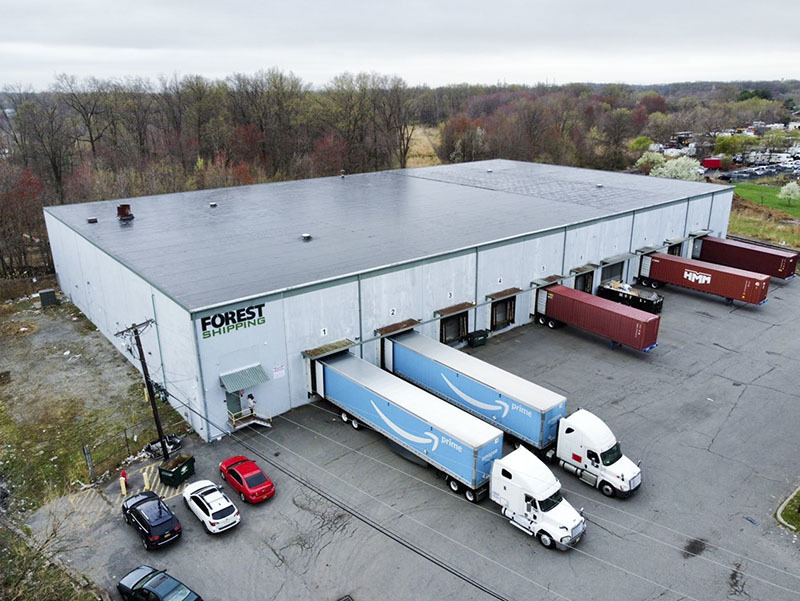
Closing Thoughts
Shipping goods to Europe is an essential step for expanding your e-commerce business globally. By understanding shipping methods, preparing documentation, and working with the right freight forwarding partner, you can streamline your logistics and reduce costs.
FBABOX specializes in European freight forwarding, offering tailored solutions for cross-border sellers. Whether you’re shipping small parcels or bulk cargo, our expertise ensures smooth Europe cargo transport from start to finish.
Ready to ship to Europe? Let us help you simplify the process and grow your business seamlessly.
RECOMMENDED ARTICLES

 Free Quote
Free Quote
